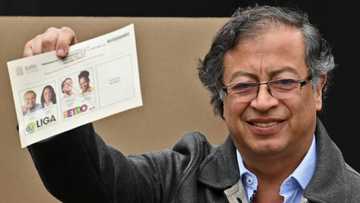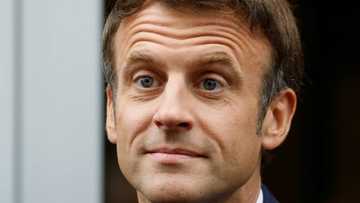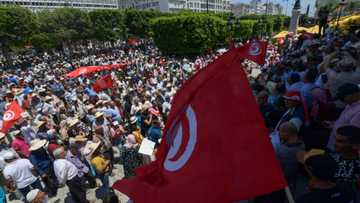Latin American leftist leaders hail Petro victory in Colombia
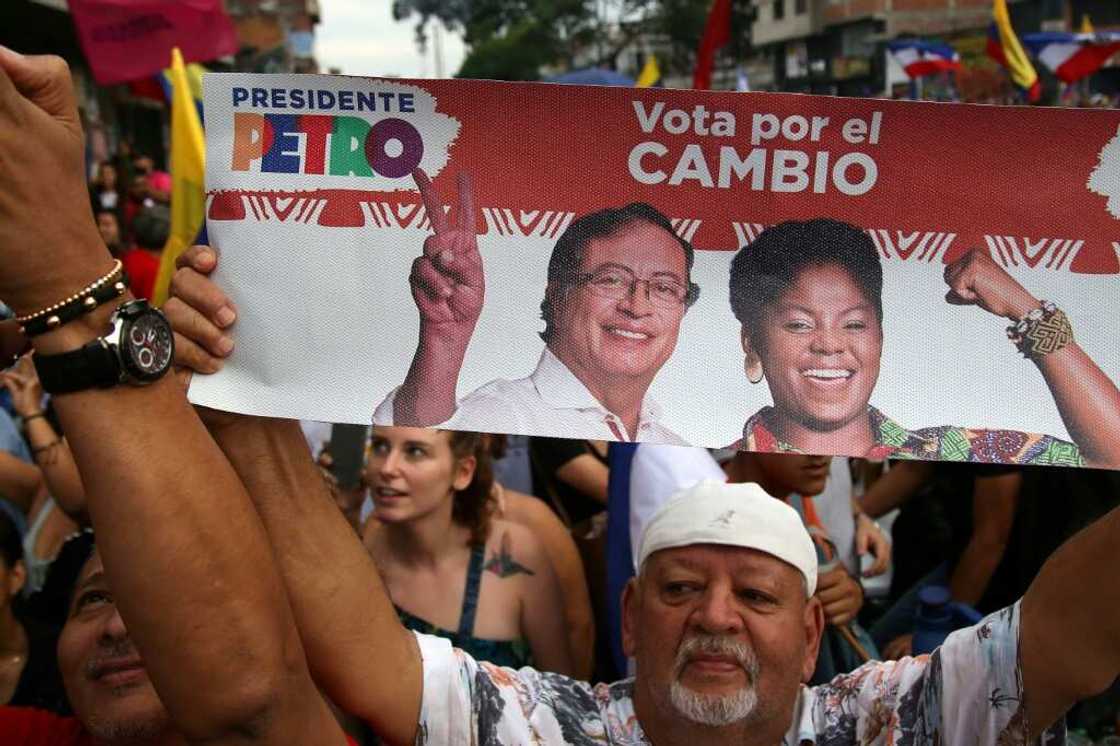
Source: AFP
PAY ATTENTION: Click “See First” under the “Following” tab to see Legit.ng News on your Facebook News Feed!
Gustavo Petro's election on Sunday as the first left-wing president in Colombia's history sparked joy among fellow Latin American leaders with similar ideologies.
It also continued a trend in recent years that has seen many countries in the region swing to the left, although some would argue those are populist moves as much as ideological ones.
Argentina, Peru, Chile, Mexico, Bolivia and Honduras have all moved to the left in their last elections and Petro's victory sparked a feeling of fraternity amongst these leaders.
"Your victory validates democracy and ensures the path towards an integrated Latin America in this time when we demand maximum solidarity amongst brother peoples," said Argentina President Alberto Fernandez on Twitter.
Chile President Gabriel Boric, who was elected earlier this year to replace conservative Sebastian Pinera, said Petro's victory was a "joy for Latin America."
"We will work together for the unity of our continent in the challenges of a world changing rapidly," he tweeted.
PAY ATTENTION: Follow us on Instagram - get the most important news directly in your favourite app!
Peru's Pedro Castillo, a rural school teacher and trade unionist, said he looked forward to working with an ally, something that has been in short supply in his homeland where the right-wing opposition dominates congress.
"We are united by a common feeling that seeks improved collective, social and regional integration for our peoples," he said.
"Latin American integration is strengthened," added Bolivia's Luis Arce.
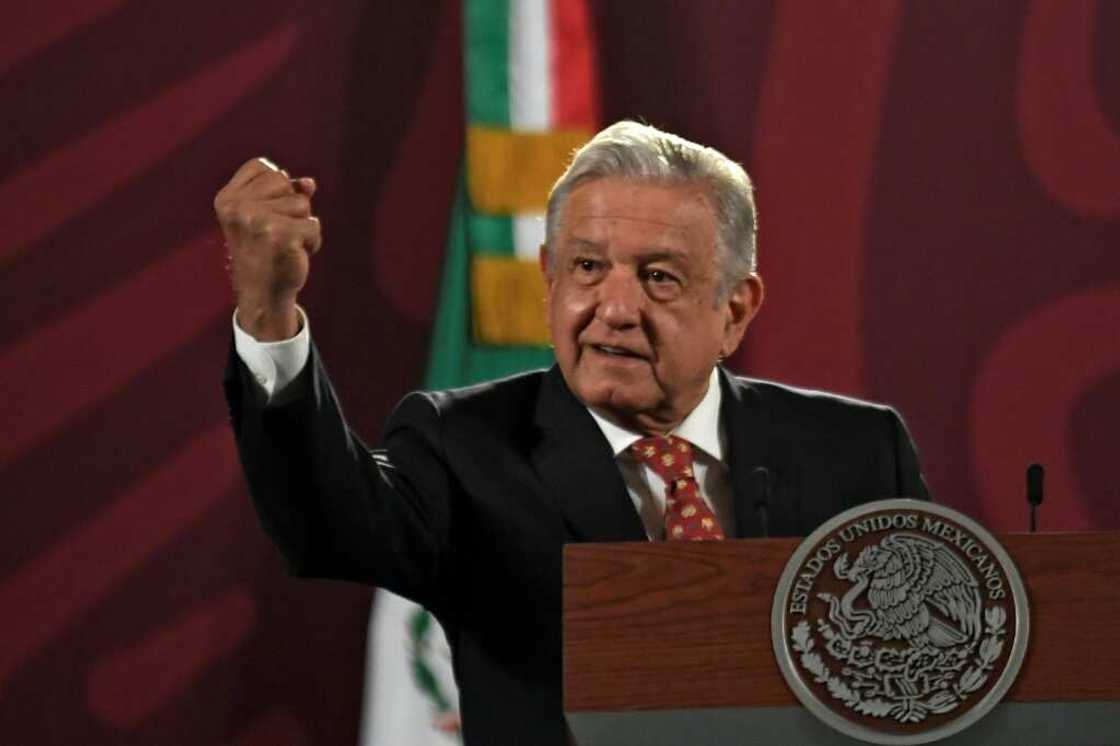
Source: AFP
Mexico President Andres Manuel Lopez Obrador said Petro's success could heal the wounds in a country in which political assassinations are not uncommon.
He referenced the 10-year Colombian civil war that broke out following the 1948 assassination of leftist presidential candidate Jorge Eliecer Gaitan and was the precursor to the six-decade long conflict between the state and left-wing guerrillas.
"Today's triumph can be the end of this curse and the awakening for this brotherly and dignified people," said Lopez Obrador.
Maduro praises victory for 'democracy and peace'
Venezuelan President Nicolas Maduro, who has a fraught relationship with outgoing conservative Colombian President Ivan Duque, was jubilant.
"The will of the Colombian people has been heard, it went out to defend the path to democracy and peace," said Maduro, who has been branded a dictator by the opposition in his own country.
Maduro broke off diplomatic relations with Colombia in 2019 after Duque backed attempts by Venezuelan opposition leader Juan Guaido, who claims to be the country's acting leader, to oust Maduro.
Henrique Capriles, another Venezuelan opposition figure, was more interested in the lot of the estimated two million migrants that fled economic and political crises in his country to Colombia.
"We hope the new President will govern with respect and without excluding them," he said on Twitter.
Miguel Diaz-Canel, the president of Cuba, which like Venezuela is subject to international sanctions and isolation, spoke of his hope for "advancing the development of bilateral relations for the wellbeing of our peoples."
The United States -- which riled many Latin American leaders by not inviting the authoritarian heads of Nicaragua, Cuba, and Venezuela to the recent Summit of the Americas -- sent congratulations to "the people of Colombia for making their voices heard in a free and fair presidential election."
"We look forward to working with President-Elect Petro to further strengthen the U.S.-Colombia relationship and move our nations toward a better future," said US Secretary of State Antony Blinken, in a statement.
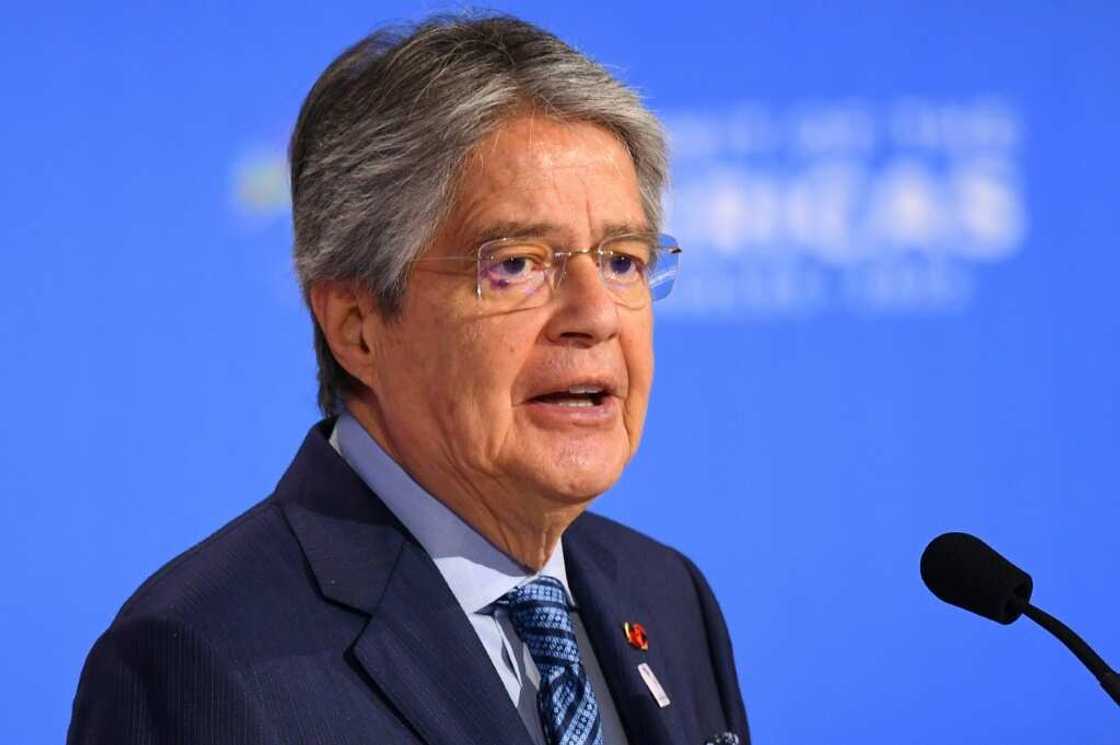
Source: AFP
There were also warm regards from one of the few remaining conservative leaders in South America, neighboring Ecuador's Guillermo Lasso, who last year beat the leftist Andres Arauz in a rare recent success for the right.
He said he spoke to Petro by telephone and "reiterated the availability of our government to strengthen friendship and cooperation, prioritizing development and the integration of our peoples."
Source: AFP


